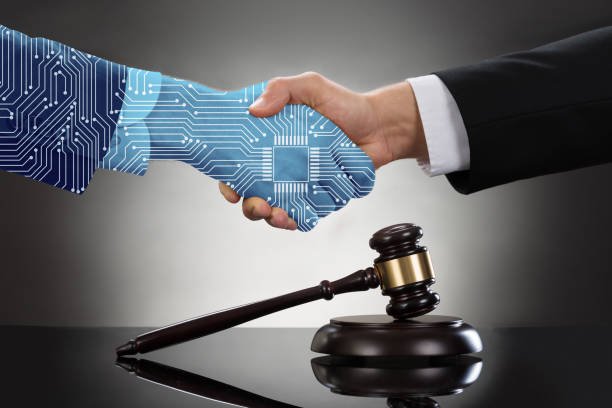When specific criteria are satisfied, smart contracts, which are computer programs installed on a blockchain, operate automatically. They can house assets worth millions or even billions of dollars, and they can be as basic or as complicated as you choose.
Devastating outcomes, such as the theft of all the assets held by a smart contract, might result from security flaws in smart contract programming. Due to a single error in a smart contract, automated market maker (AMM) Uranium Finance had $50 million stolen in 2021.
Additionally in 2021, Compound Finance distributed $80 million in undeserved bonuses as a result of a single character error. Due to a flaw in one of its smart contracts, the Wormhole Bridge had $320 million taken from it in 2022.
The smart contract program must be written correctly the first time. Since smart contracts are open-source, the source code is made available to the public after a contract is put into use. If a hacker discovers a bug, they can use it right away. Additionally, since a smart contract's code often cannot be changed after distribution, addressing security flaws over time is not an option.
It is crucial to employ both formal verification and manual audits to achieve a full assessment of a smart contract's security posture in order to assure the security of smart contracts.
Formal verification is a desirable investment for contracts with high value or high risk elements, despite the fact that it might be resource-intensive. In the end, it's crucial to put security first and make sure that smart contracts don't contain errors, weaknesses, or unexpected behavior.

I understand about the content of smart contract.
Downvoting a post can decrease pending rewards and make it less visible. Common reasons:
Submit